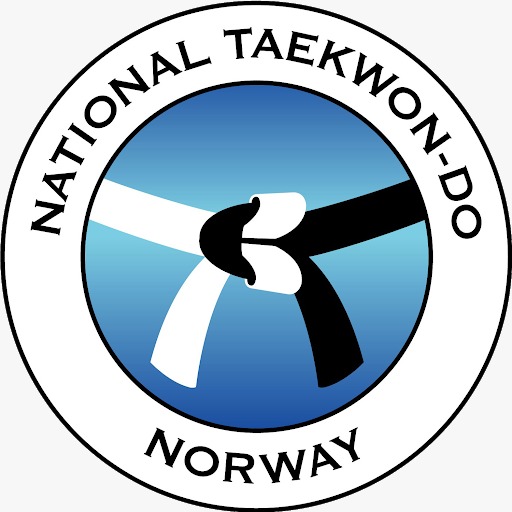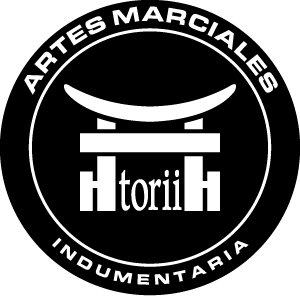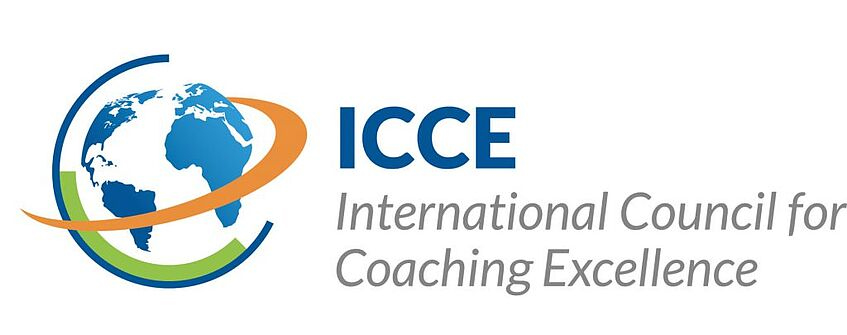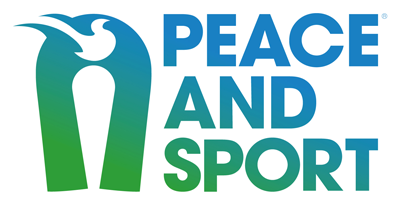“…the only way one can truly achieve the status as a man of Taekwon-Do is to go beyond the technical aspect and establish a lifestyle based on a solid code of morality. In fact, all the years of hard training will be nothing but a waste of time if not accompanied by modesty and propriety which are the very essence of Oriental philosophy.” – wrote Gen. Choi Hong Hi, the Father of Taekwon-Do, on page 9 in his last publication, entitled Moral Guide Book (2000).
Moral Guide Book (2000)
Gen. Choi was well aware of the importance of focusing on good behavior and moral culture in teaching Taekwon-Do. Initially, the name of the martial art that he had developed was written in three separate words (Tae Kwon Do) to ensure the correct pronunciation of each syllable. Later, he began to write it in two words (Taekwon-Do) to emphasize the need for balance between physical and moral or spiritual training. He also linked these two words with a hyphen to indicate that physical and moral training are two indivisible parts of the study of Taekwon-Do.
Learning how to integrate the teaching of the Do in the teaching of Taekwon-Do and focus on the Tenets of Taekwon-Do are the goals of the International Do Course (IDC) that the ITF introduced in 2017. The first IDC was conducted in Quebec City, Canada in September/October 2017 to honor Grand Master Trân Triêu Quân’s legacy regarding the promotion and the teaching of Do in ITF Taekwon-Do.
The 9th International Do Course took place in Central Sport Center – Olympic Preparation Complex in Spala, Poland from 22 to 24 September 2023. Although IDCs are available on line, the Polish Taekwon-Do Association decided to host a course in person to respond to some of the needs of its members. For example, the language of instructions for the online version of the course is English or Spanish, depending on the course. In hosting an IDC in Poland, the Polish Taekwon-Do Association made it possible for its members to have instructions in their own language and, thus, to make it easier for them to get more out of the course.
The IDC in Spala was conducted by Master Janel Gauthier, Prof. Dr. (7th Degree, Canada) – Chairperson of the ITF Do and Ethics Committee, Master Joliette Trân (7th Degree, Canada) and Master Andreu Martínez (7th Degree, Spain) who are members of the ITF Do and Ethics Committee.
The highly anticipated IDC brought together 47 participants from 7 countries, namely (in alphabetical order): Croatia, England, Hungary, Netherlands, Poland, Slovakia, and Sweden. The hosting country was represented by instructors and competitors from 25 Polish schools. Among the participants, there were 10 Masters, including 5 with an 8th degree black belt: Master Swavek Dydiszko – President of Swedish ITF Federation, Master Wijnand Tapilatu from Netherlands, Master Tadeusz Loboda, Master Jerzy Jedut and Master Janusz Gutkowski from Poland and 5 Masters with an 7th degree black belt: Master Slavko Jereb – President of Croatian ITF Taekwon-Do Federation, Master Péter Poós from Hungary, and Master Robert Jasinski, Master Jarosław Suska and Master Jacek Wąchała from Poland.
Over three days, the lecturers took participants on a journey to explore what it means and how one becomes truly a man or a woman of Taekwon-Do (TKD), as defined by General Choi. Though various activities held in a sport hall as well as in a conference hall, Masters and Instructors were given opportunities to study the Do and learn how to develop a way of life based on the moral culture of Taekwon-Do as envisioned by General Choi, as well as how to integrate the teaching of the Do in the teaching of Taekwon-Do to help build a more peaceful world.
The course was divided into different parts, each devoted to specific topics.
- On Day 1, those included the following: (1) the moral culture of Taekwon-Do; (2) the origin and meaning of the word “Do”; (3) the tenets of Taekwon-Do (courtesy, integrity, perseverance, self-control, and indomitable spirit); (4) the Student’s Oath; (5) the psychology of human behaviour and how scientific psychological knowledge can help us achieve the goals of Taekwon-Do; (6) Self-control (what it is and why it matters; how to develop better self-control; how to teach self-control to TKD students; applications in dojang and daily life).
- On Day 2 those included: (1) Perseverance (what it is and why it matters; how to develop and strengthen perseverance; how to teach perseverance to TKD students; applications in dojang and daily life); (2) Motivation and the power of feedback (how to provide effective feedback); (3) Motivation and the power of goal-setting (how to set effective goals in TKD and life); (4) Motivation and the power of success (how to build self-confidence;(5) : Integrity (what it is and why it matters; how to develop and maintain integrity; how to teach integrity to TKD students; applications in dojang and daily life); (6) Indomitable spirit (what it is and why it matters; how to develop an indomitable spirit; how to teach indomitable spirit to TKD students; applications in dojang and daily life); (7) Courtesy (what it is and why it matters; how to become more courteous; how to teach courtesy to TKD students; applications in dojang and daily life).
- On Day 3, full attention was given to one topic, and one topic only: the integration of Do teaching into the teaching of regular TKD classes (general guideline and tips to get into motion; strategies to build self-confidence and get better at integrating teaching of Do in teaching of Taekwon-Do). Participants were given the opportunity to share experiences and practice.
Throughout the whole course, participants had the chance through various exercises (including Taekwon-Do exercises) to learn about the Do, experience the Do, reflect on the Do, and become more able and at ease in teaching the Do in their Taekwon-Do class. They also had the opportunity to share with each other their own experience with Do teaching in their own schools and increase their knowledge and understanding of the Do and the moral culture of Taekwon-Do.
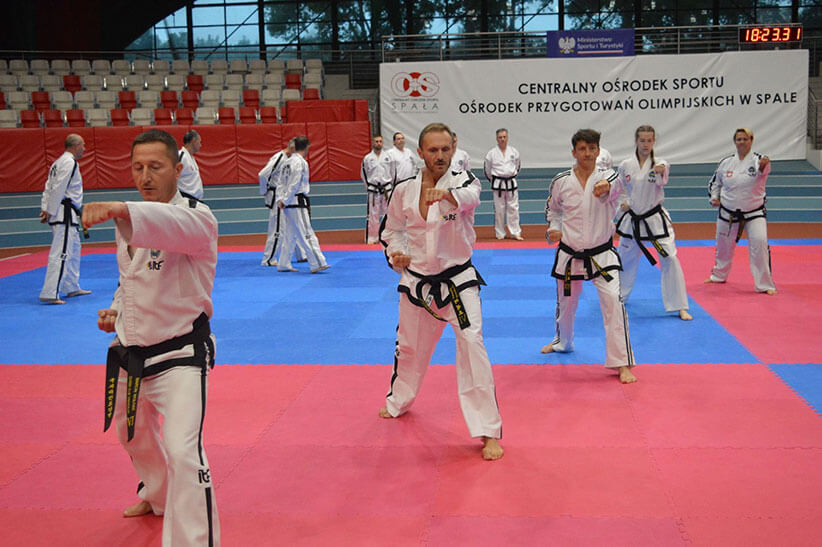
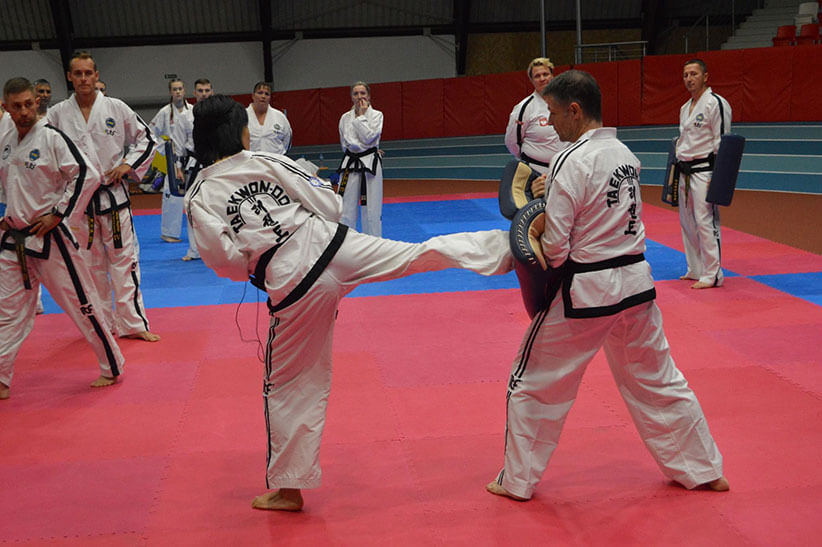
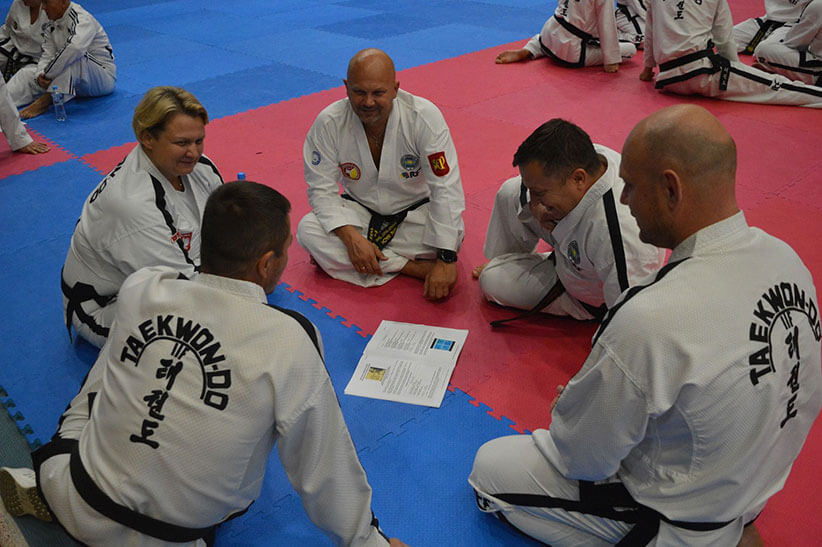
Following their arrival in Poland and before going to Spala, the International Do Course instructors were taken to Lublin for a short visit during which they explore not only the city, but also the ITF headquarters, which is based in Lublin. After the course, on their way back home, they also had the opportunity to make a brief stopover and do some sightseeing in Warsaw – the capital of Poland.
The next 2023 IDC will be conducted online and in English from 3:00 pm to 10:00 pm on 5 and 19 November 2023 (UTC time). For further information, go to https://itftkd.sport/event/international-do-course-online/
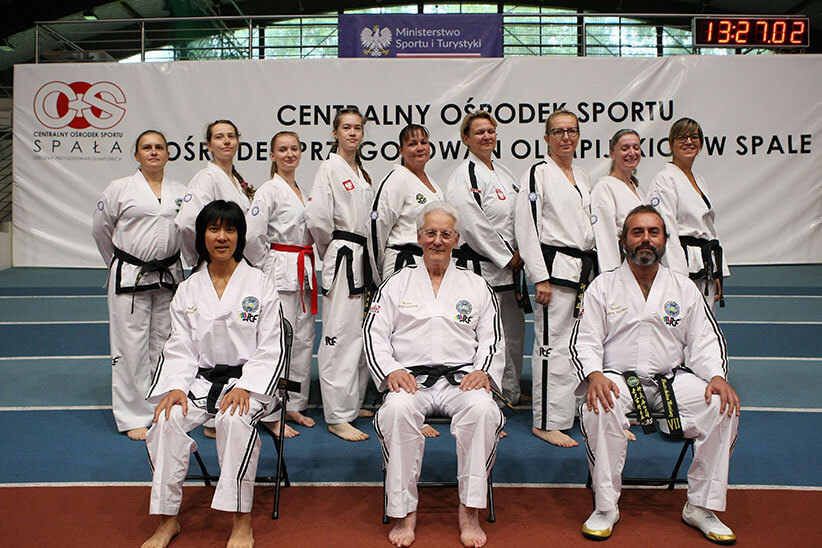
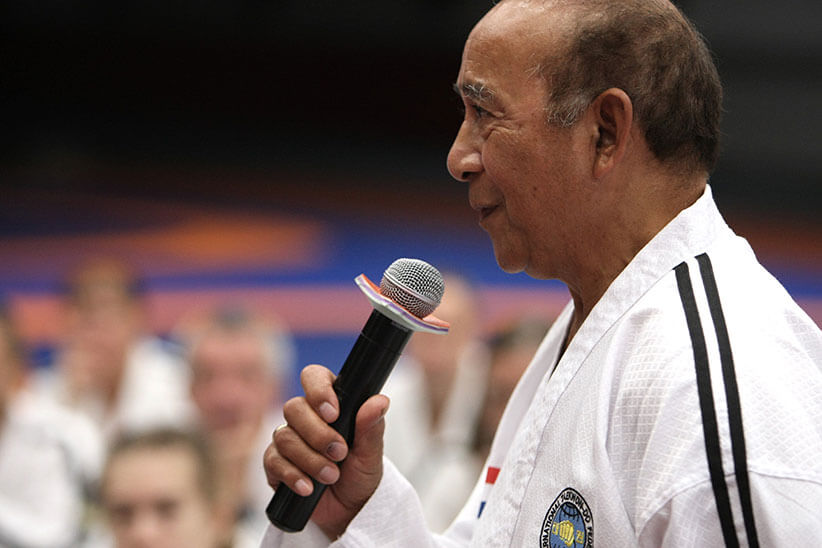
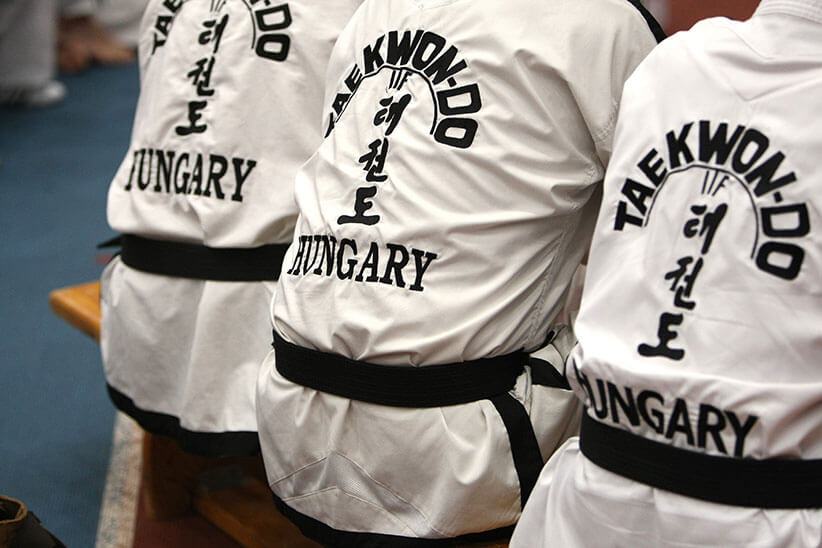
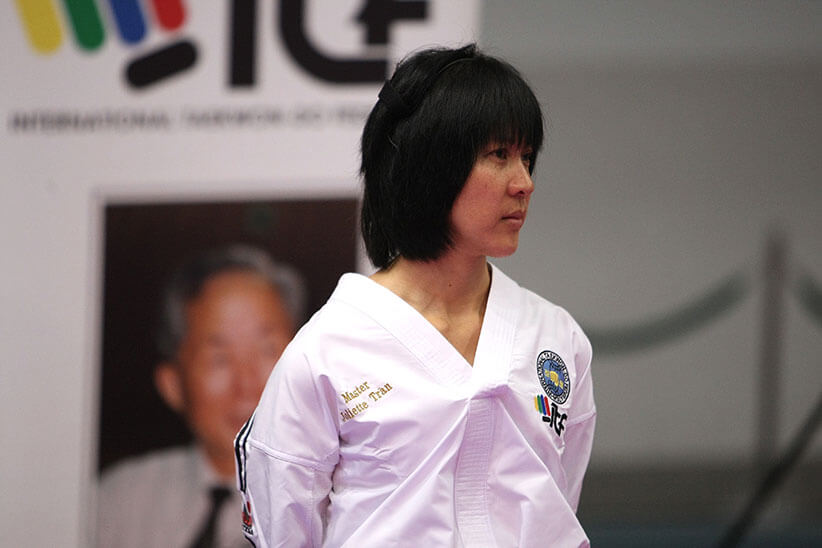
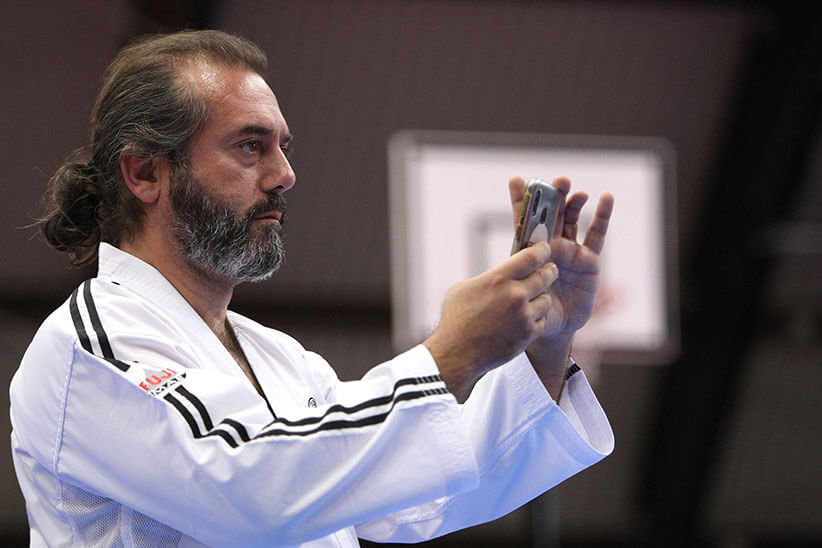
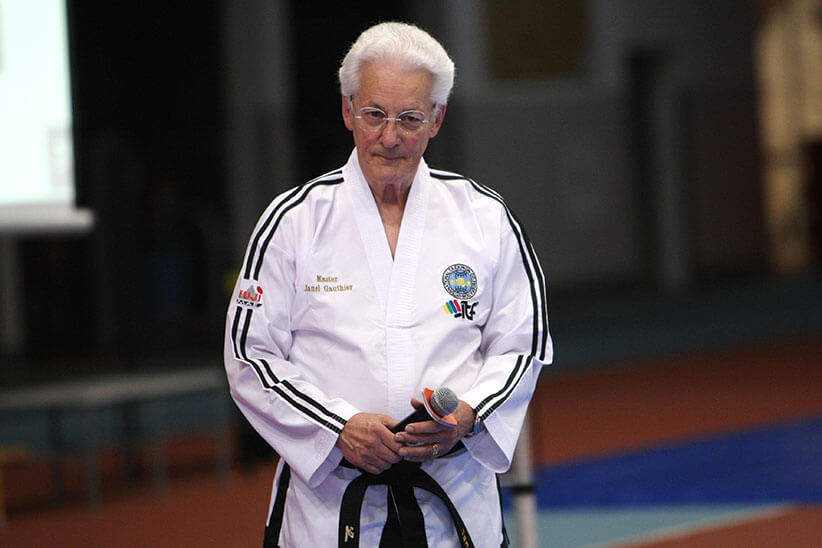
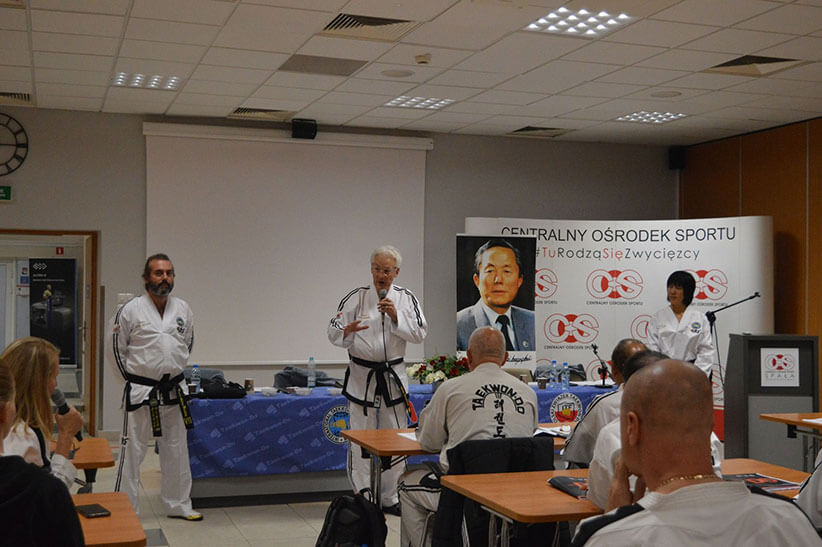
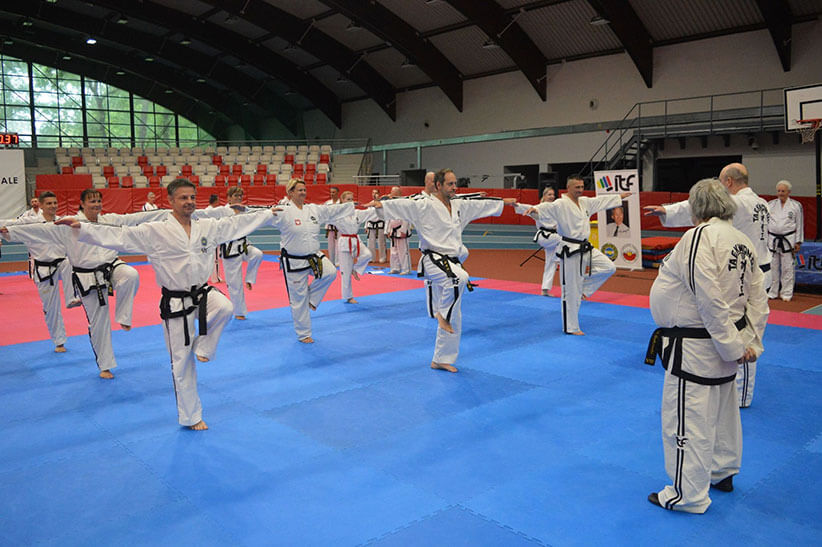
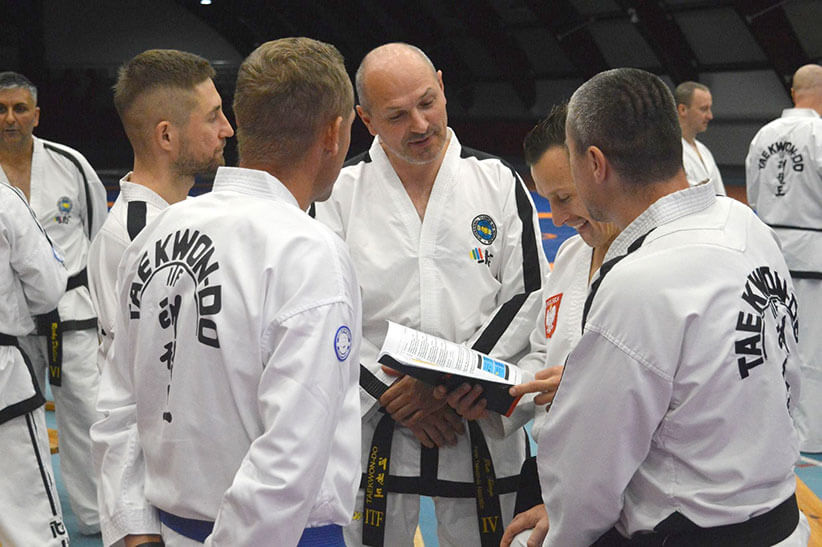
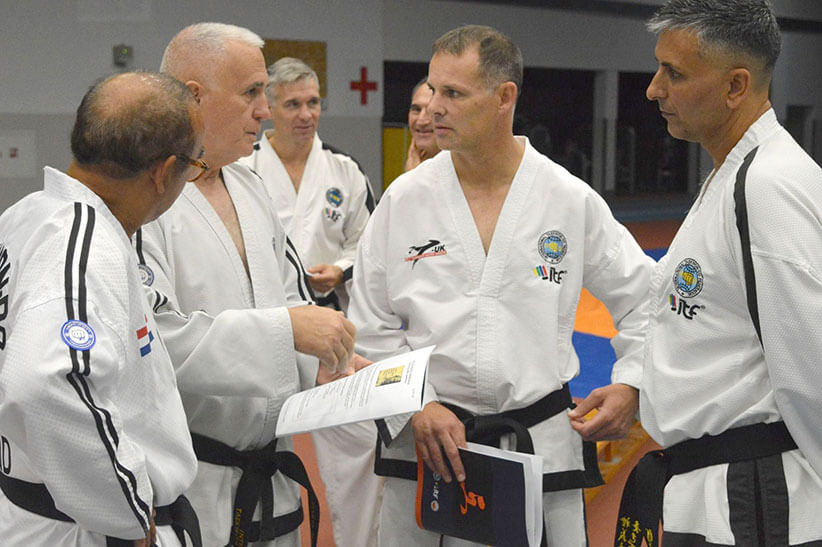
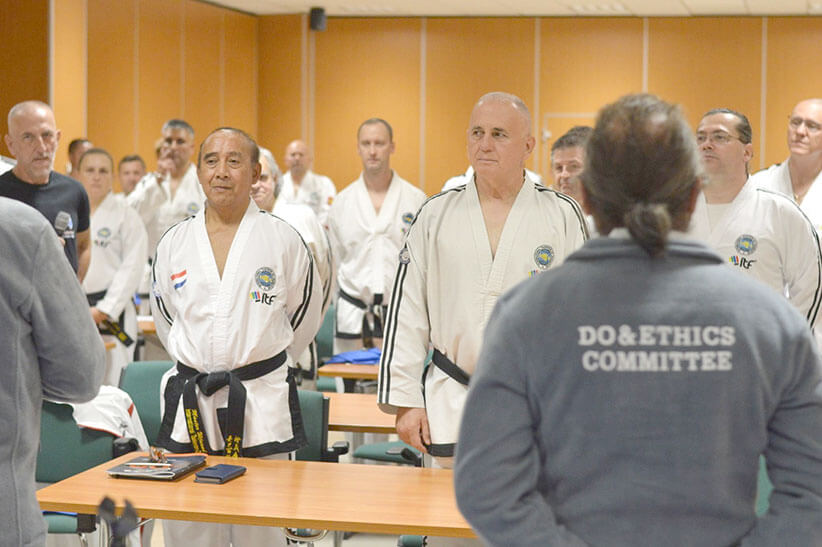
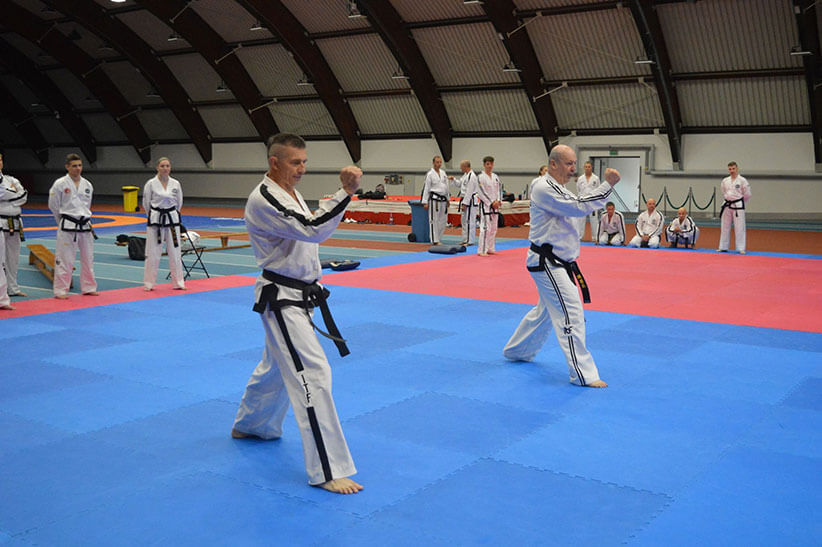

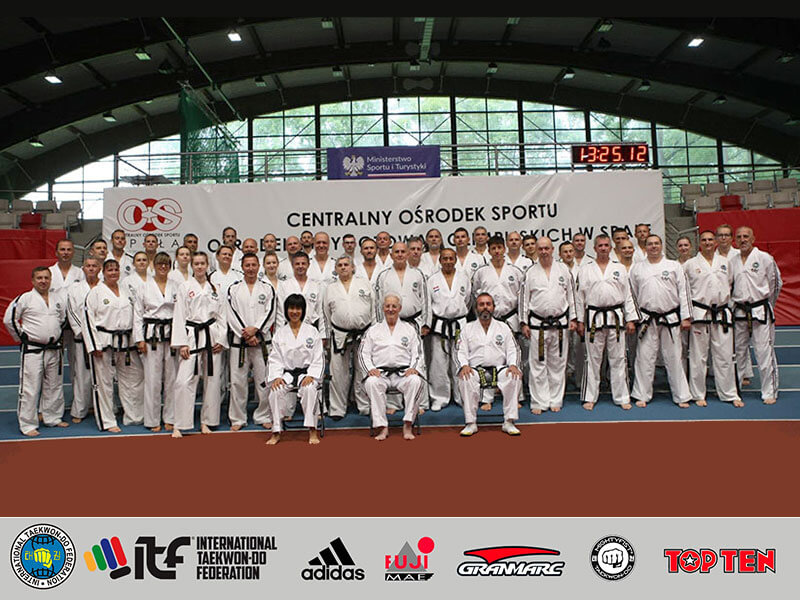
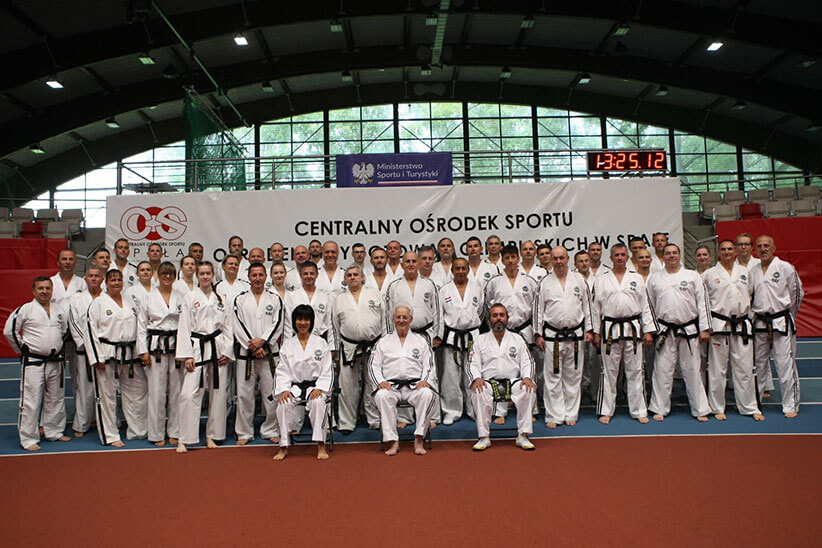
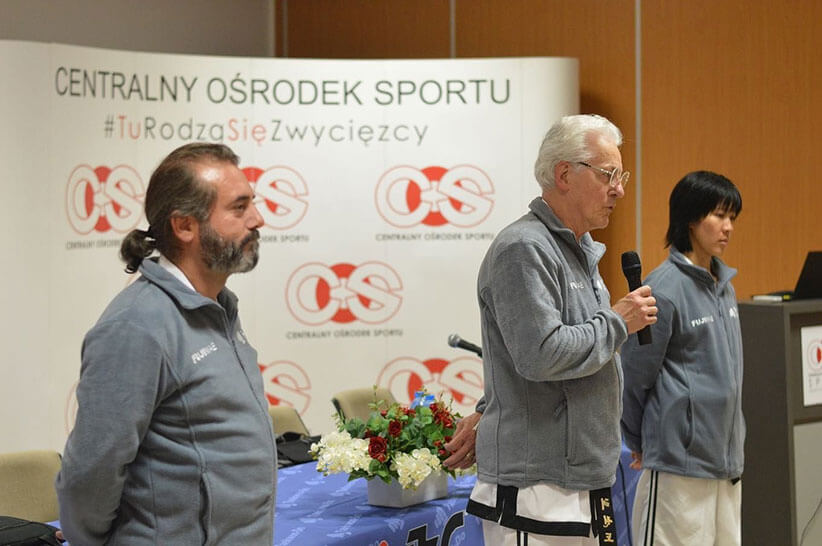
 FITAE ITF Elections – New Board of Directors
FITAE ITF Elections – New Board of Directors







